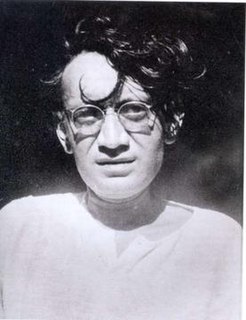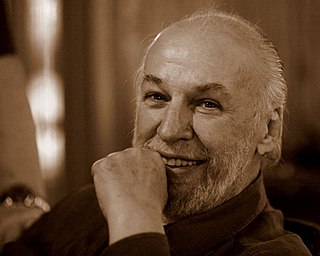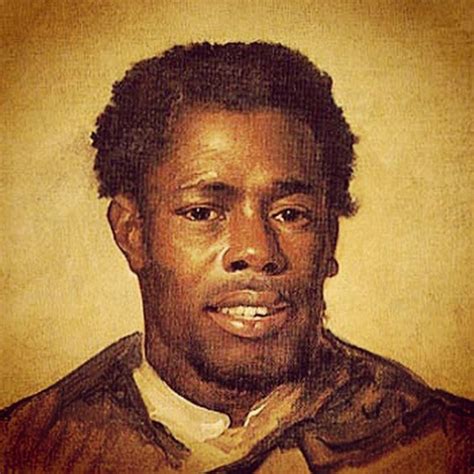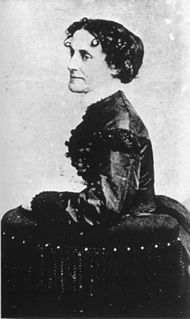A Quote by Darryl Pinckney
Slave narratives had their greatest influence on public opinion and on literature in the U.S. between 1830 and 1860. After Reconstruction's defeat, their urgency of tone was replaced by the softer one of reminiscence.
Related Quotes
I realize that my opinion is my opinion, not everybody has to believe it and I never tried to shove anything down anyone's throat, but I was willing to take that to the trenches if you know what I mean. I took that opinion to the wall, often in public, often had to... I often had to fight in public with the very same people who I was trying to convince to play my records!
The frightening aspect is that it's part of a larger effort from the Pentagon to tear down the wall between public affairs and propaganda, and essentially say there is no difference between information operations, public affairs and psychological operations. They have a new name for that too, it's called Information Engagement. What I hope people take away from this is that it's a window into a larger phenomenon. After a decade of Iraq war you have this Pentagon-military apparatus run amok using resources that they shouldn't be to try to manipulate U.S. public opinion.




































